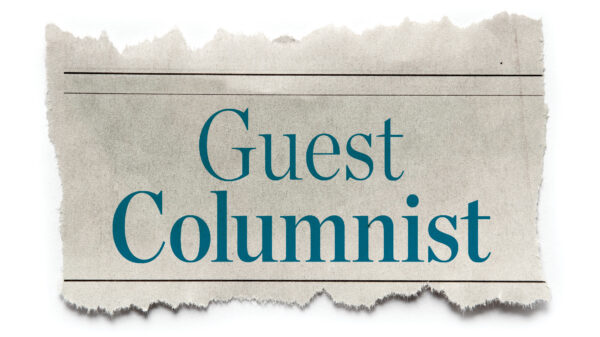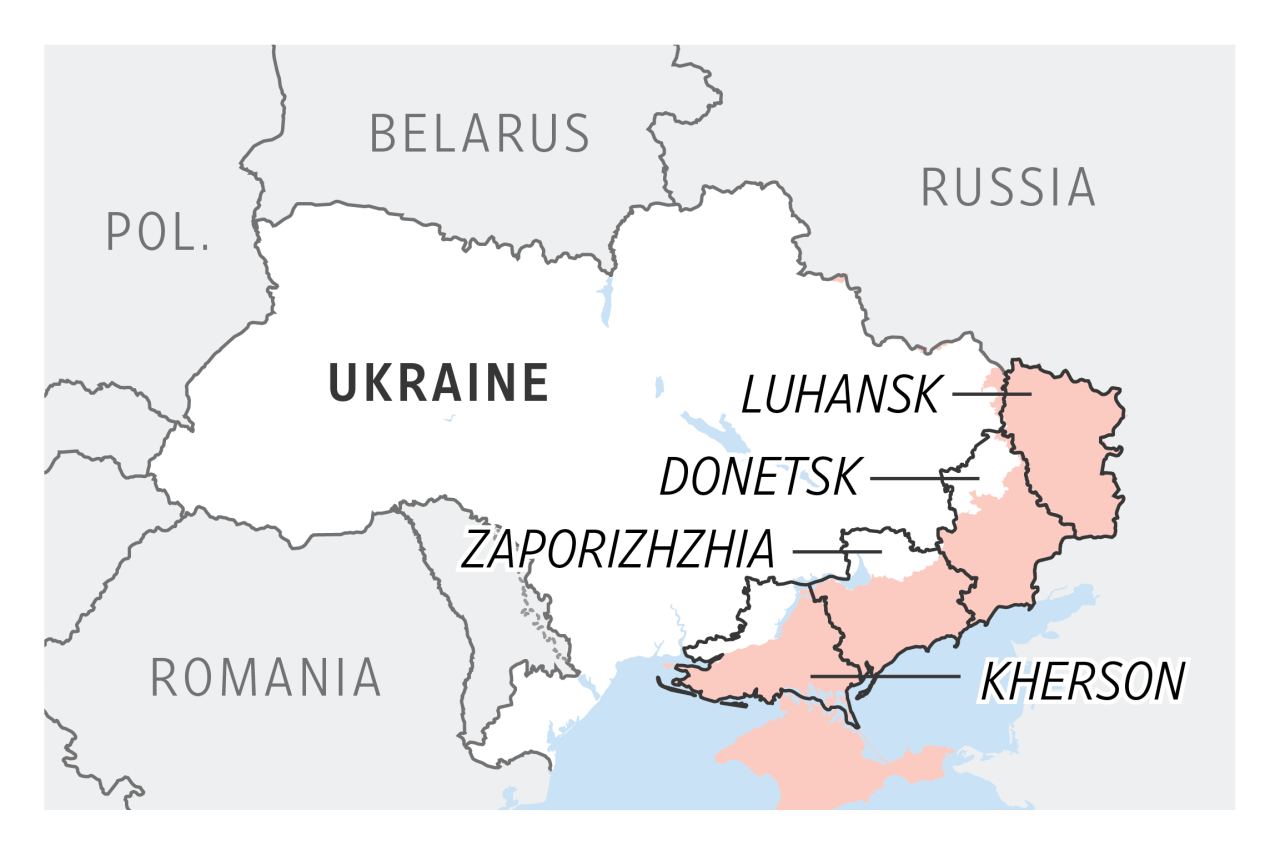Russian President Vladimir Putin seeks to leverage strategic advantages in the ongoing conflict with Ukraine, focusing on the Donbas region as a key area for potential negotiations. This approach indicates a shift from traditional military engagements to diplomatic strategies aimed at solidifying Russia’s claims over this contested territory.
Strategic Importance of the Donbas Region
The Donbas region, comprising Luhansk and Donetsk, has been a focal point of conflict since 2014 when Russia annexed Crimea. The area’s significance lies not only in its rich natural resources but also in its historical ties to Russia, which Putin has frequently cited to justify military actions.
According to recent analyses, control over the Donbas region would provide Russia with vital economic benefits and a stronger negotiating position in any future talks. Maps and charts released in September 2023 demonstrate the area’s industrial capacity, highlighting its coal production and other natural resources that are critical to both Ukrainian and Russian economies.
Controlling the Donbas would also allow Russia to secure a land corridor to Crimea, enhancing its strategic military capabilities in the Black Sea. This potential advantage underscores why the region remains a priority for Russian leadership as they navigate both military and diplomatic avenues.
International Reactions and Implications
The international community, including organizations such as NATO and the European Union, has responded with increasing concern over Russia’s ambitions. Sanctions and diplomatic pressure continue to mount, aiming to deter further aggression. The United Nations has called for a peaceful resolution, emphasizing the need for dialogue between the involved parties.
Ukraine, for its part, remains resolute in defending its territorial integrity. Ukrainian President Volodymyr Zelenskyy has reiterated that any negotiations must include the complete withdrawal of Russian forces from occupied territories, including the Donbas. The ongoing conflict has resulted in significant humanitarian crises, with thousands displaced and critical infrastructure damaged.
As the situation evolves, the balance between military action and diplomatic negotiations will be crucial. Russia’s strategy to prioritize talks over battlefield victories may change the dynamics of the conflict, potentially reshaping relationships in the region for years to come.
Ultimately, the stakes are high for both Russia and Ukraine. The outcome of this struggle will significantly influence not just the two nations but also the broader geopolitical landscape of Eastern Europe. As negotiations loom, the world will be watching closely to see how this critical situation unfolds.





































































